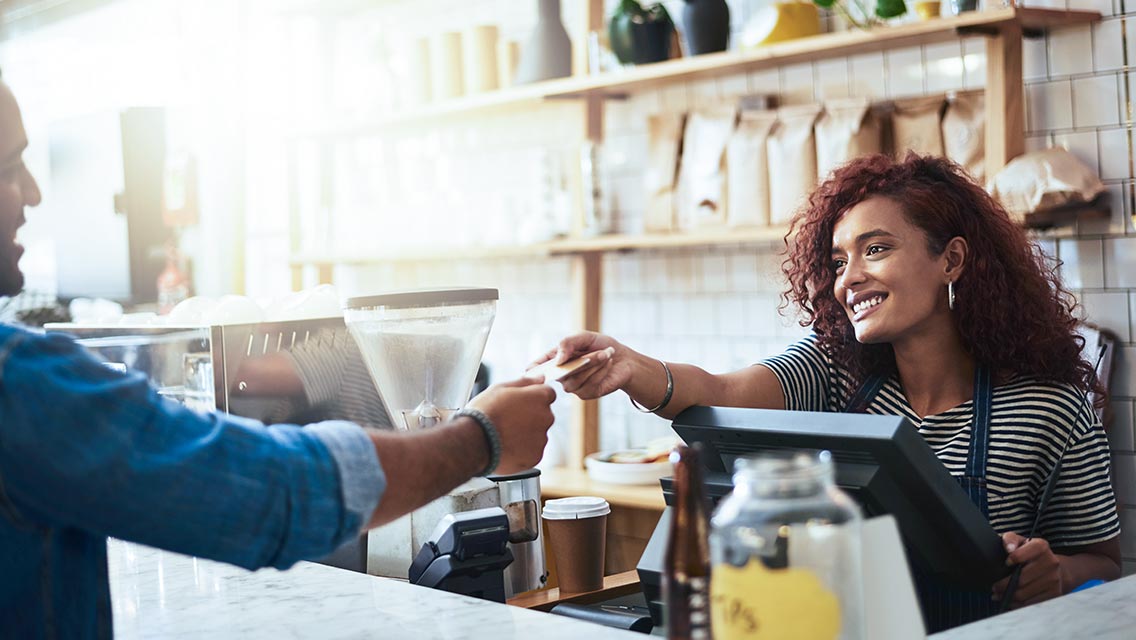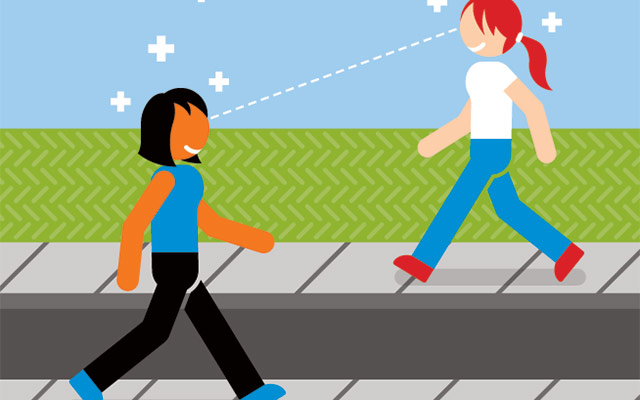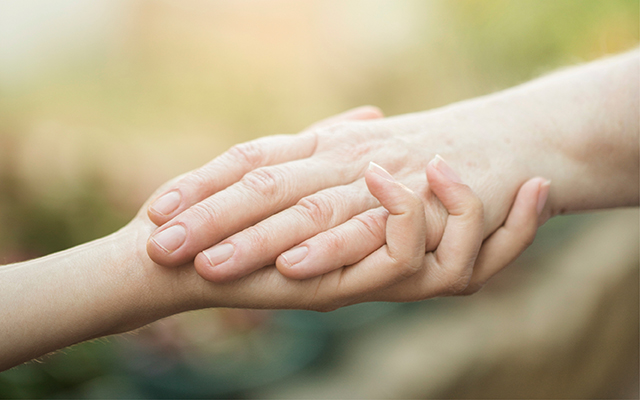I wouldn’t call myself “a regular” at the coffee shop My Lovely Wife visits nearly every day, so I’m pleasantly surprised when one of the baristas greets me by name. We may even exchange small talk, ask each other how things are going, that sort of thing. Whatever warm feelings ensue may dissipate before my latte arrives or linger throughout my stay, but I’ve seldom given much thought to how they may affect my general well-being.
Introverted by nature and not particularly sociable, I greeted the pandemic’s quarantine with more enthusiasm than most and have not made much of an effort to reach out to family and friends in the months since restrictions eased. I’ve attended a few get-togethers, but there’s a half-decent chance that my brief conversations with baristas, neighbors, cashiers, and letter carriers outnumber those with siblings and pals. And, as psychologist Gillian Sandstrom, PhD, tells Judith Graham at Kaiser Health News, those interactions may offer geezers like myself more benefits than we suspect.
“Feeling connected to other people, not just the people who are closest to you, turns out to be incredibly important,” notes Sandstrom, a senior lecturer at England’s University of Essex.
Research has shown that these connections — known as “weak ties” — can help older adults feel a better sense of belonging in their communities, expose us to opportunities and information, and inspire us to engage in new activities. And because these casual interactions occur without the often fraught emotions that accompany our closer relationships, explains Adelphi University psychology professor Katherine Fiori, PhD, “people are more likely to have purely positive experiences with weak ties.” That, she adds, allows us to more freely explore their possibilities.
How you might go about cultivating these casual interactions, of course, depends on your personality and circumstance. Vincent Keenan, 65, a retired physician, traveled from Chicago to Charlottesville, Va., for a wedding in May — his first trip since the pandemic struck — and found himself chatting with nearly everyone he met. “I was striking up conversations with people I didn’t know everywhere I went,” he tells Graham. “Even if they just grunted at me, it was a great day.”
Claire Lomax, 76, volunteers at the Oakland Police Department, chatting up the officers as a way to get her “guy buzz without any complications,” she explains. “I felt recognized and appreciated.”
At her condo complex in Rochester, N.Y., Helen Bartos, 69, joined a group of neighbors who regularly met outdoors when COVID was nixing indoor gatherings. They’d set up their chairs, sip their drinks, and talk. “It was very bonding,” she recalls. “All of these people are neighbors; now I would call some of them friends.”
Those who have cultivated a wide variety of weak and close relationships, according to several studies, tend to enjoy better physical and psychological health — as well as a longer lifespan — than their counterparts with less diverse social networks. And recent research from Penn State University suggests such socializing may also keep our aging brains from falling into disrepair.
Recruiting 312 volunteers between the ages of 70 and 90, Ruixue Zhaoyang, PhD, and her team prompted participants on their smartphones five times a day over the course of 16 days to report on the number and nature of their social interactions. After each report, the study subjects completed three mobile cognitive tests. The results, published last month in the journal PLOS ONE, seem to indicate that socializing improves brain function — immediately as well in the days that follow.
And because social isolation is a well-known — and modifiable — risk factor for dementia, Zhaoyang believes the results of her study offer some hope for the millions struggling with the disease.
“Our study is one of the first to show that whether you have social interactions on one day can immediately affect your cognitive performance that same day and also on the following days,” she says. “The fact that we found that the cognitive benefits of having pleasant social interactions could manifest over such a short time period was a happy surprise and could be a promising area for future intervention studies.”
I’m not sure that I share Zhaoyang’s optimism about fending off Alzheimer’s via more frequent kibitzing, but who knows? Maybe those chatty baristas have been helping me retain my marbles all these years and I haven’t been giving them enough credit for whatever gray matter remains. I should probably leave a larger tip next time.





This Post Has 0 Comments